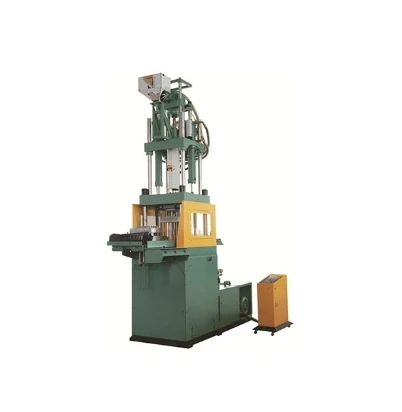ພ.ຈ. . 30, 2024 20:48 Back to list
hepa filter material products
Understanding HEPA Filter Material Products An Essential Guide
HEPA (High Efficiency Particulate Air) filters are renowned for their ability to capture and eliminate harmful airborne particles, making them vital in various environments, ranging from hospital operating rooms to residential air purifiers. The efficiency of HEPA filters stems from their unique design and the materials used in their construction. This article will explore the workings of HEPA filter materials, their applications, and the importance of choosing the right filter based on its specifications.
What is HEPA Filter Material?
HEPA filters are manufactured using a specific type of fibrous material that has been engineered to trap a significant percentage of particulate matter. To qualify as a true HEPA filter, the product must remove at least 99.97% of particles that are 0.3 microns in size. This includes dust, pollen, pet dander, smoke, and other pollutants. The materials commonly used in HEPA filters include fiberglass and synthetic fibers, which are interwoven to create a dense yet porous structure. The density of the filter material is essential, as it allows the filter to capture smaller particles while still allowing air to flow through.
How HEPA Filters Work
The performance of HEPA filters is based on several mechanisms. First, there is inertial impaction, where larger particles collide with the fibers and stick to them. Second, diffusion affects smaller particles, causing them to wander as they travel through the filter, making it more likely that they will collide with the fibers. Lastly, interception occurs when particles follow the airstream and come into contact with fibers, leading to their capture. The combination of these mechanisms enables HEPA filters to maintain a high level of efficiency in capturing contaminants.
Applications of HEPA Filters
HEPA filters have a broad range of applications across different industries and settings. In healthcare facilities, they are crucial in maintaining sterile environments, particularly in operating rooms and isolation units. By filtering out infectious airborne particles, HEPA filters help in reducing the risk of hospital-acquired infections.
hepa filter material products

In residential settings, HEPA filters are frequently used in vacuum cleaners and air purifiers. They contribute significantly to improving indoor air quality, particularly for individuals who suffer from allergies or respiratory conditions such as asthma. Moreover, during wildfire seasons or periods of high pollution, HEPA filters can help mitigate the effects of smoke and particulate matter in the home.
Furthermore, HEPA filters are utilized in industrial applications, including manufacturing clean rooms where sensitive products require aseptic conditions. The aerospace and automotive industries also incorporate HEPA filtration to ensure clean air within environments that manufacture high-precision components.
Choosing the Right HEPA Filter
When selecting a HEPA filter, it is essential to consider factors like air flow resistance, filter lifespan, and specific certifications. Not all HEPA filters are created equal; some may only meet minimum efficiency standards, while others boast higher capabilities and longer service lives. Consumers should look for filters that have been tested and certified by recognized organizations, ensuring that they meet or exceed HEPA standards.
Additionally, it is important to match the filter type with the application. For instance, an air purifier used in a home may require a different filtration level compared to a HEPA filter used in a hospital. Maintenance is also a significant factor; regular replacement of HEPA filters is crucial to ensure that they continue to operate at peak efficiency.
Conclusion
HEPA filter materials are critical in maintaining clean air across various settings, significantly impacting health and well-being. Their effectiveness in capturing microscopic contaminants makes them indispensable in healthcare, residential, and industrial applications. As awareness of air quality issues rises, understanding the importance of HEPA filters and their materials will empower consumers to make informed decisions about air purification in their homes and workplaces. As technology evolves, so will HEPA filter designs and materials, continually enhancing their efficiency and applications in a world that increasingly values clean air.
-
OEM PLXB-1 PU Pack Trimming Machine - High Precision, Durable, Cost-Effective Solutions
NewsJun.10,2025
-
High-Performance In Line Fan Filter Trusted In Line Fan Filter Company & Products
NewsJun.10,2025
-
High-Efficiency Water Filter Making Machine Reliable Companies & Products
NewsJun.10,2025
-
Premium Metal Fuel Filter Durable & Efficient for Engine Protection
NewsJun.10,2025
-
Premium OEM 304 Rimmed Filter Disc Custom Stainless Steel Filters
NewsJun.10,2025
-
China PP Air Filter Production Line Automated & High-Efficiency Solutions
NewsJun.10,2025
